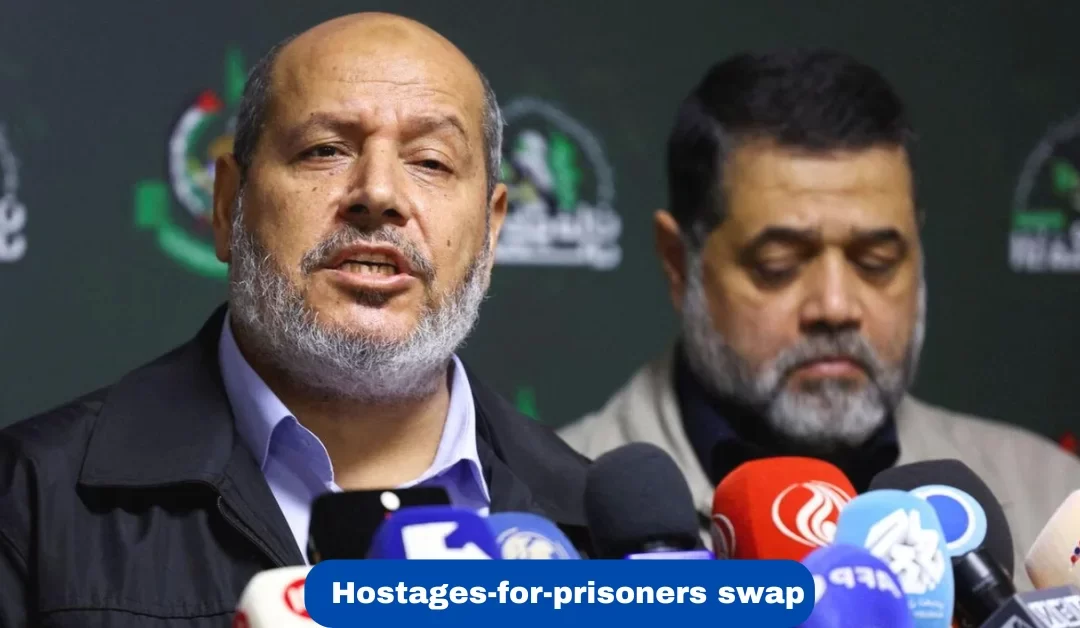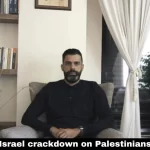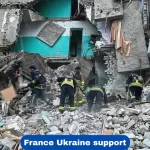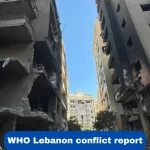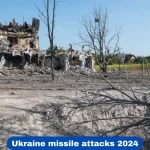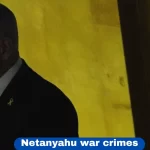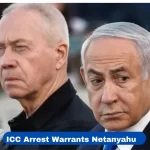Hamas’ acting Gaza chief, Khalil al-Hayya, has reiterated that no deal will be made to swap hostages for prisoners unless the ongoing war in Gaza comes to an end. In a televised interview on Al-Aqsa TV, Hayya emphasized that the group would only negotiate terms once the violence has stopped.
This comes amidst escalating tensions between Hamas and Israeli Prime Minister Benjamin Netanyahu, who blames Hamas for stalled negotiations. Similarly, Hamas accuses Netanyahu of undermining efforts for a potential agreement.
Hamas’ Stance on Negotiations
Khalil al-Hayya leads Hamas’ negotiating team, working with mediators from Qatar and Egypt to find a resolution. During his recent interview, Hayya stated:
- “Without an end to the war, there can be no prisoner swap.”
- Hamas is open to further mediation but insists Israel must show genuine intent to end the aggression.
Hayya further mentioned that Hamas has welcomed a proposal from Egypt to form a joint administrative committee with Fatah, led by President Mahmoud Abbas, to manage Gaza post-conflict. However, this proposal is yet to materialize into an agreement.
Israel’s Position
Prime Minister Netanyahu has firmly rejected any notion of Hamas ruling Gaza after the war ends. During a visit to Gaza, he declared:
- Israel is committed to eradicating Hamas entirely before concluding the war.
- The remaining 101 hostages are still a priority, with Israel offering a $5 million reward for each hostage’s return.
Netanyahu’s comments reflect a broader Israeli stance that neither Hamas nor the Palestinian Authority under Mahmoud Abbas can be trusted to govern Gaza effectively after the conflict.
Role of Mediators: Qatar and Egypt
Qatar and Egypt have been pivotal in ceasefire mediation efforts. However, Qatar recently warned that it might pause its involvement unless both sides show more seriousness in reaching a deal.
- Qatar’s foreign ministry confirmed that Hamas’ political office in Doha remains open to facilitate negotiations despite calls from the U.S. to expel the group.
- Egyptian officials proposed the idea of shared governance between Hamas and Fatah to address post-war administration in Gaza, but no consensus has been reached.
Casualties and Humanitarian Crisis
The ongoing conflict has had devastating consequences for both sides:
- In the October 2023 Hamas-led attack on Israel, over 1,200 Israelis were killed, and more than 250 taken hostage, marking the deadliest day in Israel’s history.
- Israel’s response has resulted in nearly 44,000 Palestinian deaths, with over 103,000 injured. Gaza’s infrastructure lies in ruins, leaving millions without basic necessities such as food, water, fuel, and sanitation.
Future of Gaza’s Governance
The war has raised critical questions about who will govern Gaza if the fighting stops. Hamas insists on playing a role in any future administration, while Israel remains adamant that neither Hamas nor the Palestinian Authority can lead effectively. Mediators and regional powers will need to address this dilemma to establish lasting peace.
Both Hamas and Israel stand firm on their positions, leaving little room for compromise. As mediators continue their efforts, the future of Gaza and its people hangs in the balance. The coming weeks will be crucial in determining whether diplomacy can triumph over violence.

